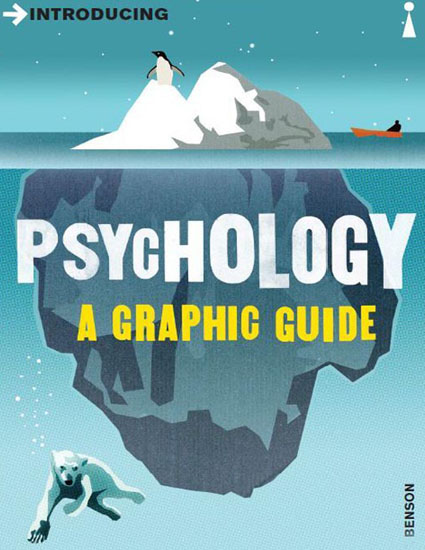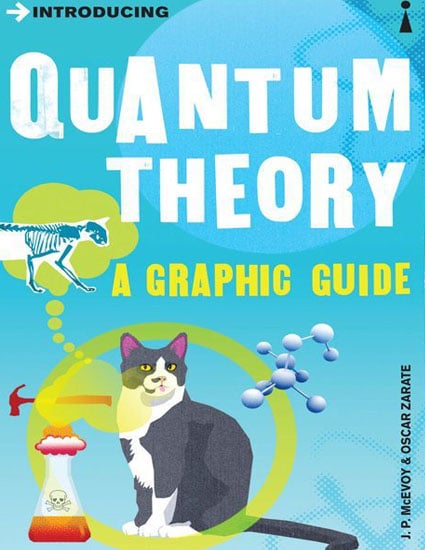Description
What is happiness? Why are some people happier than others?
This new edition of The Psychology of Happiness provides a comprehensive and up-to-date account of research into the nature of happiness. Major research developments have occurred since publication of the first edition in 1987 – here they are brought together for the first time, often with surprising conclusions.
Drawing on research from the disciplines of sociology, physiology and economics as well as psychology, Michael Argyle explores the nature of positive and negative emotions, and the psychological and cognitive processes involved in their generation. Accessible and wide-ranging coverage is provided on key issues such as: the measurements and study of happiness, mental and physical health; the effect of friendship, marriage and other relationships on positive moods; happiness, mental and physical health; the effects of work, employment and leisure; and the effects of money, class and education. The importance of individual personality traits such as optimism, purpose in life, internal control and having the right kind of goals is also analysed. New to this edition is additional material on national differences, the role of humour, and the effect of religion. Are some countries happier than others? This is just one of the controversial issues addressed by the author along the way.
Finally the book discusses the practical application of research in this area, such as how happiness can be enhanced, and the effects of happiness on health, altruism and sociability. This definitive and thought-provoking work will be compulsive reading for students, researchers and the interested general reader
WHAT IS PSYCHOLOGY?
“Psychology” comes from two words: psyche and logos. The word psyche
(pronounced “sigh-key”) is from the Greek word Ψυχη – meaning “breath of
life”, i.e. “soul or spirit”, loosely translated as MIND.
And logos means “knowledge”, “study”: like all “ologies”!
In Greek mythology, Psyche was represented by a butterfly. She became the wife of Eros, the god of love (renamed Cupid by the Romans).
The Greek letter Ψ (spelled “psi”, and pronounced “sigh”) is now used as the
international symbol for Psychology.
Hence, Psychology was originally defined as: the study of the mind.
But, this isn’t how most Psychologists define Psychology today.









Reviews
There are no reviews yet.